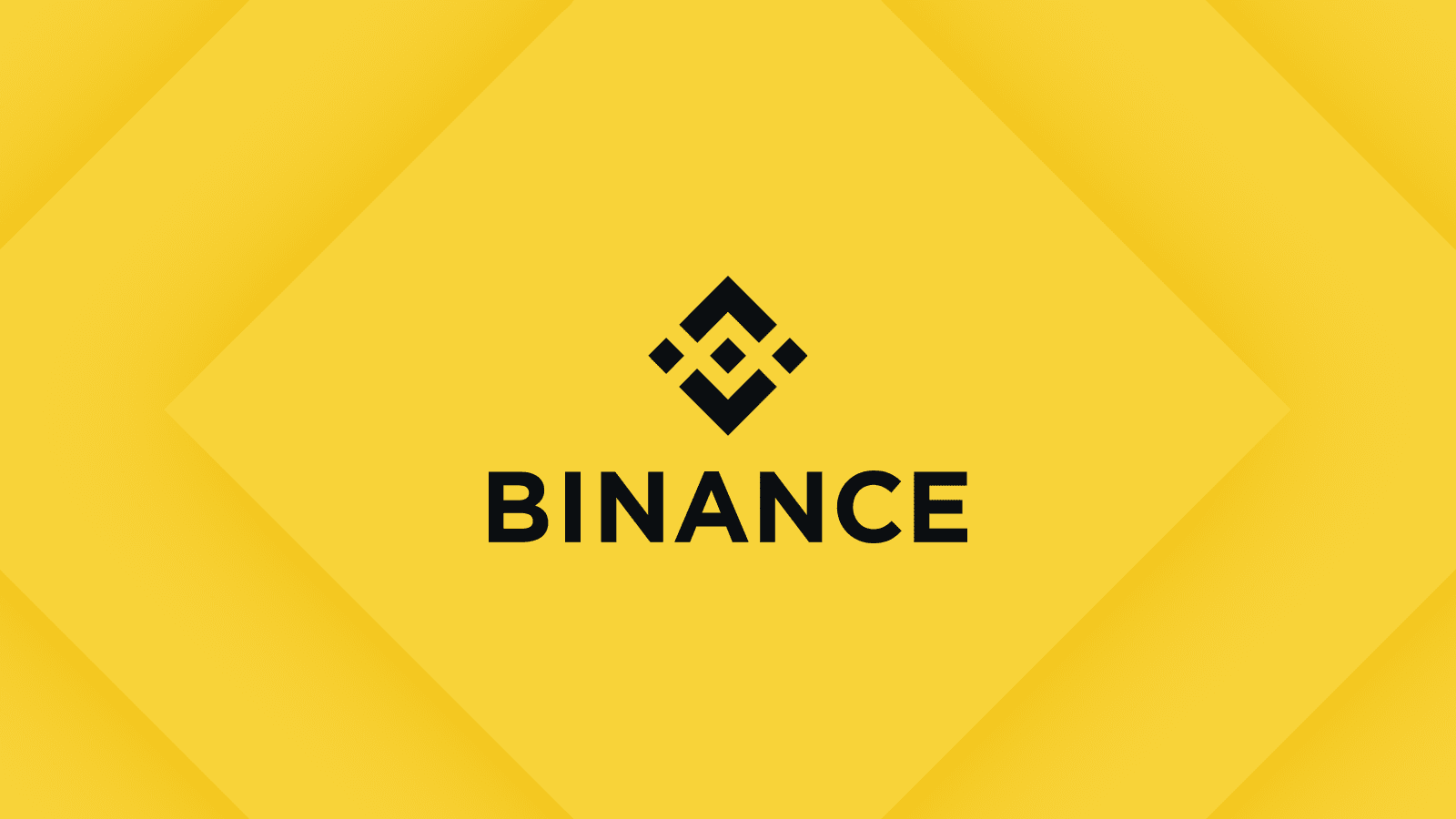Main Takeaways
In a United States federal court ruling, Judge Amy Berman Jackson dismissed several key claims by the Securities and Exchange Commission (SEC), including the assertion that crypto tokens themselves are securities.
The court ruled that the SEC failed to allege facts indicating that secondary market sales of BNB tokens on crypto exchanges were securities transactions.
The court also rejected the SEC’s argument that Binance’s fiat-backed stablecoin, BUSD, classifies as an investment contract.
While some of the SEC’s claims were dismissed, the court allowed certain claims to proceed at this point. However, we expect the SEC will face significant challenges in proving these claims.
In a blow to the SEC’s continued efforts to regulate through enforcement, the United States District Court for the District of Columbia issued an opinion dismantling several core pillars of the SEC’s misguided crypto enforcement campaign.
The court’s decision to dismiss several of the SEC’s claims against Binance, the largest cryptocurrency exchange in the world by volume, marks an important moment in the ongoing battle between regulatory bodies and the rapidly evolving crypto market.
Here are the critical findings by the court:
The Meaning of “Investment Contract”
The court’s opinion dismissed several of the SEC’s core arguments. At the heart of the ruling was the rejection of the SEC’s broad assertion that crypto tokens themselves are investment contracts subject to SEC oversight. This stance, a cornerstone of the SEC’s efforts to regulate the crypto market through enforcement, was deemed legally untenable. The court found that the SEC’s approach muddied the issues and ignored controlling United States Supreme Court precedent. The court also emphasized that the focus should be on whether the circumstances surrounding each transaction renders it a securities transaction. The focus should not be on the tokens themselves, which are not securities.
BNB Sales On Secondary Crypto Exchanges
Another significant aspect of the ruling was the dismissal of the claim that secondary market sales of BNB tokens on crypto exchanges classify as securities transactions. This decision is significant as it recognizes limitations on the SEC’s ability to conduct its rampant enforcement actions against the crypto industry, especially the exchanges, for their role in facilitating secondary trading. The court held that the SEC failed to plead that purchasers in secondary market sales acquired BNB with an expectation of profits, rather than for other uses, which is a key criteria for passing the Howey Test (a legal framework outlined by the Supreme Court to determine whether a transaction qualifies as an investment contract).
BUSD Stablecoin
The court dismissed the SEC’s claim that Binance’s fiat-backed stablecoin, BUSD, is sold as an investment contract. The court said that BUSD was marketed as a stablecoin, with no facts suggesting that investors expected it to increase in value due to Binance’s efforts. The court also noted that another stablecoin had been deemed not a security by the United States Department of Justice. The court recognized the need for consistency in dealing with these assets and noted that it might be much more difficult to pass the Howey Test when it comes to transactions involving stablecoins. In our view, the fact that different U.S. agencies are taking inconsistent approaches to stablecoins creates deep market uncertainty and highlights a significant rule of law failure.
SEC’s Remaining Claims
While this ruling is a significant victory for Binance and the broader crypto industry, some challenges remain. The court allowed some of the SEC’s claims to proceed, such as the SEC’s claim that direct sales of BNB are securities transactions because the court must assume that the allegations are true at this stage of the proceedings. However, the burden of proof is on the SEC to demonstrate, among other things, that customers purchased these tokens as investments rather than for other uses.
This decision is more than just a legal win for Binance; it recognizes there are critical limits on the SEC’s regulatory authority over the crypto industry. The court appropriately criticized the SEC’s decision to litigate the billion-dollar industry through a “case by case, coin by coin, court after court” approach, which creates inconsistent results and ambiguity.
This decision is a positive step towards safeguarding the integrity of the crypto market and calls for fair and consistent regulation so as not to stifle growth and innovation. As this case proceeds, Binance remains steadfast in its commitment to defend against the SEC's overzealous and ill-conceived attempts to regulate nearly the entire cryptocurrency market.
